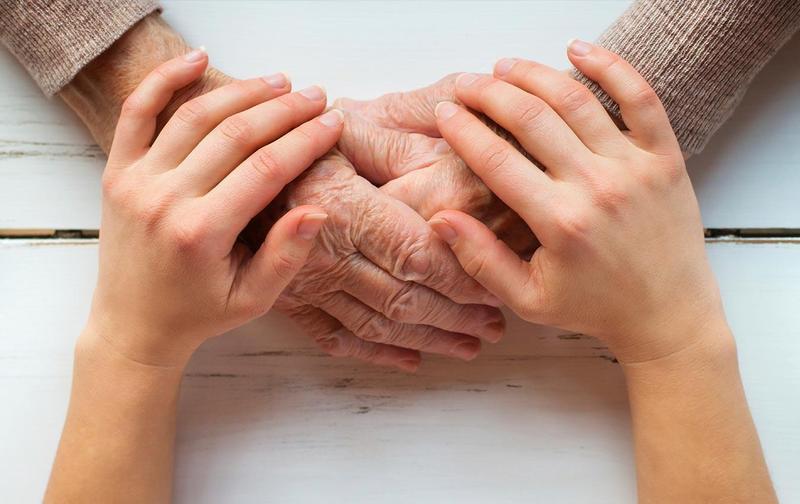Answers to Hospice Questions You Probably Hesitate to Ask
Answers to Hospice Questions You Probably Hesitate to Ask
Palliative care is known to a lot of people, but few are familiar with how it operates. Most people have a lot of questions, including some uncomfortable ones. This article offers answers to these questions and provides a general overview of palliative care.
Here are some answers to the most common questions about palliative care.
**What is palliative care? **
Palliative care refers to the medical treatment given to people who are suffering from serious illness. In this method, the goal is to relieve symptoms associated with serious illness and reduce stress caused by it. The hope of the patient and family is that the treatment will benefit them and their loved ones. Patients' other doctors, as well as nurses and other specialists in palliative care, receive additional support from these doctors. You can use it regardless of your age or stage of illness, and you can combine it with curative treatments as well.
Palliative care can be provided in different settings to a person with a serious illness, as needed. If you're in or out of the hospital, the goals are the same. In addition to avoiding unnecessary hospital stays, palliative home care can help you avoid life-threatening complications.
Is palliative care only about pain relief and pressure sore prevention?
It’s not. An incurable progressive disease patient receives comprehensive help in different ways: they choose or adjust the pain relief scheme, provide symptomatic relief (shortness of breath, nausea, swelling, etc.) and provide psychological and legal support. Additionally, they strive to provide a higher standard of living in every way possible. Thus, hospice comfort, concerts, and sweets are considered as essential to palliative care as hygiene or pain relief. In their final days, every person deserves to be taken care of so that it will not be painful, lonely, or feared, so that the end won't be traumatic.
Palliative care also involves supporting family members who may have medical, psychological, and legal problems. These people may find it difficult to ask for help, especially if they are not accustomed to doing everything on their own.
Hospices are for only cancer patients?
Generally, hospitals and palliative care units are for terminally ill patients who have exhausted all possibilities of treatment and rehabilitation. Among these are patients with malignant neoplasms (they are the majority), but also those with dementia, amyotrophic lateral sclerosis, and other serious diseases.
How can I look a loved one in the eye if I hand them over to a hospice?
Firstly, they do not “hand over” to hospices. Usually, patients or their loved ones choose them as a solution when they are unable to receive the required treatment at home for some reason. Patients need special equipment or care that their relatives cannot provide. In addition, it may also be the case that being alone prevents the person from receiving care. Patients are provided with pain relievers during their visit to the hospice and help to eliminate unpleasant symptoms. As a rule, a patient approaches a hospice after receiving their doctor's recommendation and after discussing the possibilities jointly.
Secondly, hospice doesn't mean you have to leave your loved one behind. Hospices often allow family members and friends to stay with loved ones during the night and visit around the clock. Children and even animals are allowed in some hospices. The length of your stay is up to you. Furthermore, medical staff will enable you to have the strength and mood to share vital moments with your loved one such as walks, hugs, conversations, etc.
Do people return from hospices?
Each case is different. Most people who receive palliative care have less than a year left to live. The person is often discharged from hospice after receiving symptomatic therapy and pain relief.
Hospice stays are generally three weeks on average. The attending physician can extend the period, but it is usually shorter. Each hospitalization has its own goals and objectives.
Ensure your loved ones with serious illnesses spend their last months of life surrounded by those they love, comfortable and stable. Take good care of yourself and your loved ones!
Be the first to post a message!
